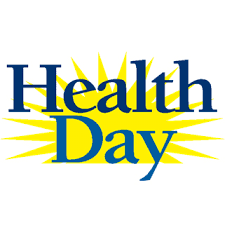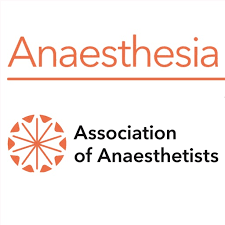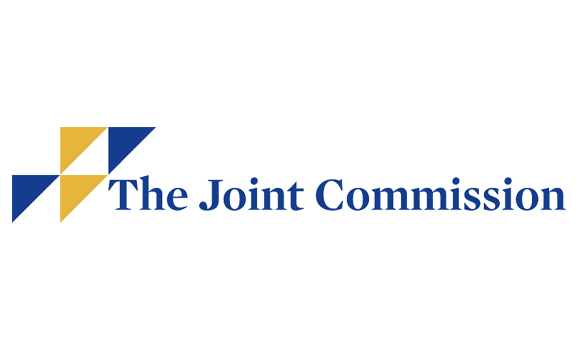
Editor's Note A system-wide preoperative nutrition program resulted in shorter hospital stays and fewer postoperative complications across the Allegheny Health Network, according to a study presented at the American College of Surgeons Clinical Congress 2024. Medical Xpress reported the news October 18. According to the article, researchers analyzed data from…

Editor's Note Research shows repeated fasting for multiple surgeries during a single hospital stay significantly raises the risk of protein-calorie malnutrition, leading to longer recovery times, increased healthcare costs, and a higher likelihood of death. HealthDay covered the news October 21. Presented at the American Society of Anesthesiologists annual meeting,…

Editor's Note Individuals with preoperative depression are at significantly higher risk of developing postoperative delirium, according to a systematic review and meta-analysis of 42 studies involving a total of 4.6 million patients. Published September 4 in Anaesthesia, the study is first review to quantify the incidence and risk of postoperative…

Editor's Note Patients using GLP-1 receptor agonists (GLP-1 RAs) have a higher risk of food retention during esophagogastroduodenoscopy (EGD) when performed alone, but not when combined with a colonoscopy, according to a retrospective study from Cedars-Sinai Medical Center. MedPage Today reported the news October 1. The study included 70 patients…

Human trafficking (HT) is a hidden-in-plain-sight crime—victims walk among the public at large, yet they remain essentially invisible. Lack of education and knowledge on HT and anti-trafficking measures is particularly egregious in healthcare. In fact, the literature shows the majority of people being trafficked access the system without being identified…

Human trafficking (HT) is a global public health crisis and one of the fastest growing criminal enterprises that grosses hundreds of billions of dollars annually, all of which are tax-free profits made off the sale of human cargo. And yet, research shows the problem is poorly understood or recognized among…

Editor's Note Recent research sheds new light on addressing two of the most pressing problems for surgical care: handoff communication failures and care bias and inequities leading to adverse—and preventable—events. These problems are the subjects of two separate success stories in the August issue of The Joint Commission Journal…

Editor's Note Evidence is mounting for the use of antibiotics as a valid alternative to surgery for acute appendicitis, including in pediatric cases, the Washington Post reported August 17. The article details how this treatment—described as a “dark secret” by one expert testifying to its use in the 1950s, prior…

Takeaways Transmitting health metrics directly from a surgical implant reduces the need for in-person followup and offers more objective data on recovery than patient-reported measures. This technology’s potential extends beyond knees. Whatever the nature of the treatment, postop monitoring is critical. Patient education is essential for setting up the data…

Editor's Note New findings show that compared to standard anesthetic methods, a new high-flow oxygen technique is just as safe as during tubeless upper airway surgery in children. Published in The Lancet Respiratory Medicine, the University of Queensland research-- the High-Flow Oxygen for Children's Airway Surgery (HAMSTER) trial—was the focus of…